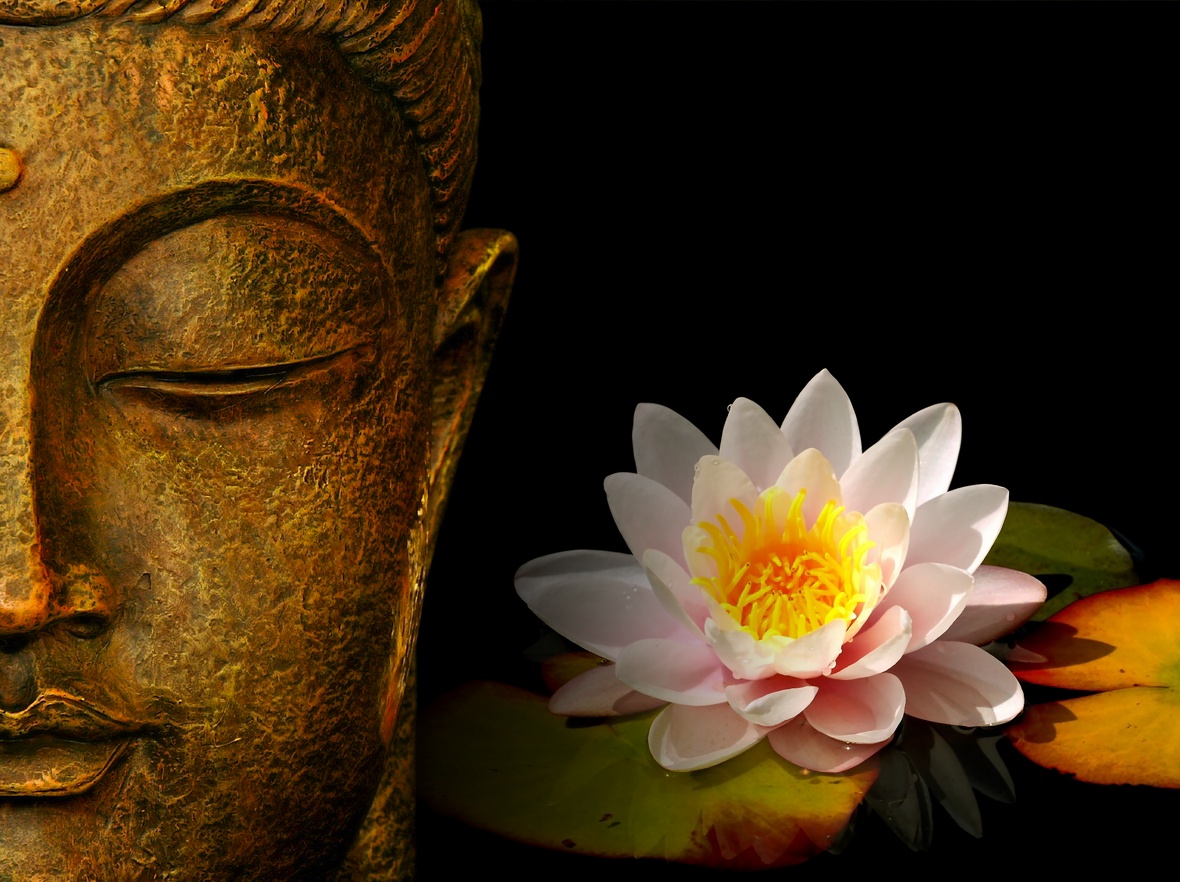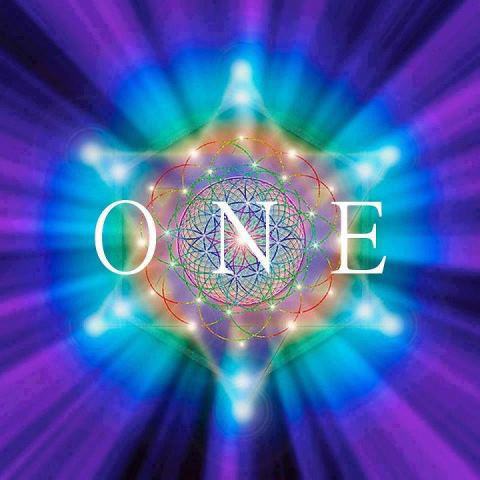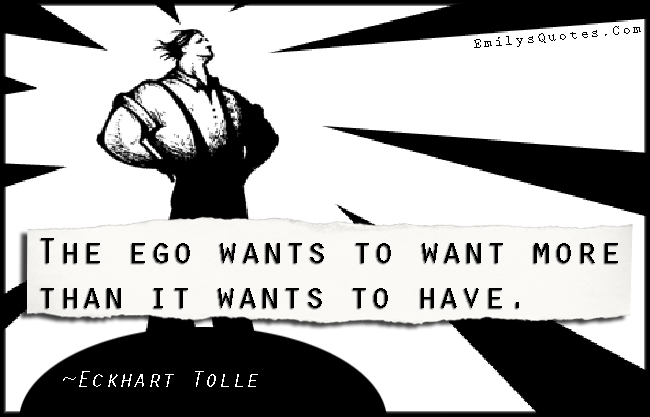
Watch your thoughts, change your life. Heard of it?
Cognitive-Behaviour Therapy (CBT), the most applied theoretical model in the mental health sector, teaches clients to become mentally strong, realistic and balanced by staying alert to negative thought patterns, using focused attention to challenge and combat them.
Many clients introduced to CBT, however, are likely to receive directions, homework, worksheets and techniques that are particularly demanding, both mentally and emotionally. I have personally found, in my practice, that the nature of the cognitive tasks involved creates (in addition to homework non-compliance and other difficulties) a further draining effect upon already-saturated and emotionally overwhelmed minds.
In real life, most emotional reactions take place far too quickly to respond intentionally, even when we are taught or trained to ‘break it down’ and search ahead of time for the trigger. Observation and intentional control of thoughts can be hard to apply in the practical sense. Automatic thoughts are particularly hard to stop, catch and identify.
Basically, most emotional outbursts are deeply anchored in a raw body/pain reaction. It is my firm conviction that real change can only happen on an experiential (physical and emotional) level, not on a mental level.
The focus must shift from the mind to the body.
You don’t need to fight, change, or examine your mind to improve the quality of its content; rather, you need to attend to your body, and be present within. If you neglect your body on a daily basis and practice bad life hygiene, you can forget about gaining mental strength, achieving your goals, excelling, or staying strong.
Everything will catch up with you eventually. Everything. The boss is not the mind; it is the body, and you need to listen to it. When you empower your body by responding to its needs, the bullying mind loses its power, and finally listens to YOU.
When you empower your body, YOU gain full power and control.
How To Strengthen Your Body & Health & Immune System
To gain a better Health and allow your Body to be Your Doctor, first and foremost, you need to choose to make your body’s well-being your number-one, non-negotiable life priority. Because real mental strength comes from a healthy body. Your body is a sophisticated machine that evolved over thousands of years and was able to cope (if you are still here, obviously) with the worse sanitary challenges, climate changes and various diseases, it has all the tools embedded. Your job? to empower it with all that it needs and more particularly to listen to your body, so you know what it truly requires.
Here are the basics (too often dismissed, yet absolutely crucial):
1. Fresh Air
Your body needs air—as in oxygen. Do you think because you breathe daily, that is sufficient? It isn’t. Most of the time, your natural breaths are shallow and incomplete. They oxygenate only a very small part of your body—not your entire self. The natural breathing of a typical Westerner is nothing more than puffing air: ‘spitting’ air out, and catching the breath right back. The oxygen is not going lower than your upper chest. Correct breathing involves going through your nose, past your chest and diaphragm, all way down to your stomach (filling it as much as possible) and all the way up through your mouth, evacuating all of the air like a self-deflating balloon.
Your body desperately needs clean air. Your internal organs do not normally receive the necessary oxygen to release their maximum potential. They are just surviving—in agony. Sickness is often (if not always) caused by blocked energy somewhere in your body. Sooner or later, you’ll pay the price of mental or physical illness from a lack of proper oxygenation. You must take regular, deep, controlled and unforced breaths, releasing internal tension, blocked energy, and toxicity. Massage your internal organs with incoming oxygen, and relax them with exhalation. Keep track of every stage of your breathing. Exhaling eliminates used, dirty air. Inhaling brings in vital life force. You breathe in LIFE, and breathe out DEATH.
Most of the time, you do not fully exhale what is killing you inside, and therefore cannot give yourself what you need to stay alive. In Sanskrit, breath (prâna) means life. Without breath, there is NO LIFE; and without conscious breathing, you have no conscious life.
Visualise your inhalations as healing forces, and your exhalations as letting go of what you no longer need or want in your mind and body. This, in reality, is the biological function of breathing: inhaling what you need (oxygen) and exhaling what you don’t (CO2). You can use your breath for psychological purposes, as well. Breathe in the strength you need, and breathe out what’s causing tension, grief and fear. Absorb what is necessary; discard what it isn’t. Make it a lifestyle rather than an occasional practice (yoga class, for example).

From personal experience and yoga practice, I urge you to do this:
Whenever you feel sick, in great pain or about to faint—BREATHE. DEEPLY AND SLOWLY. All your internal organs need is oxygen—nothing else. Your body is already a cutting-edge technology that has everything it needs to survive. You have evolved into a masterpiece, able to regulate yourself and adjust under the most extreme conditions. Your body is capable of amazing recovery in almost all types of physically and mentally stressful situations, so just give it what it really needs: calm, focused and controlled oxygenation. Speaking from personal experience, I have come instantly back to my senses in critical circumstances, just by applying complete and conscious breathing. That’s how miraculous and effective this practice is.

If you have a more serious or chronic physical condition, breathe through the pain. Locate the pain and oxygenate it. Do not resist, battle against or tense up around your pain area. I know you may not be used to or comfortable with this, because you may have unconsciously picked up the habit of tensing in an attempt to control and isolate the pain from spreading further in your body. This automatic reflex, however, is unhelpful to your body, as the pain cannot heal in muscular tension or without receiving much-needed oxygen. Your organs must be relaxed and oxygenated to mobilise themselves for healing. Therefore, work always with your body—never against it.
2. Water
Your body needs water. Lots of it. Much more then you’re giving it. Your brain is composed of 75% of water; your body 70%. If you don’t fuel the machine, how can you expect to drive it? Three litres per day is the ideal target amount.
3. Healthy foods
Exclude from your diet junks foods and anything that is not organic and fresh. Not preferably…imperatively! Exclude processed foods, and anything that was originally plastic-wrapped. If you eat the same thing every day, expect nothing but deficiencies, starvation from lack of vital nutrients, and a slowing-down of your physical functions (at best) or sickness (at worse). Variety and balance are key.

How you eat is just as important as ingredients. Eating fast is a big downer, even if you eat in a perfectly healthy way. Your metabolism must have time to assimilate. Eating slowly also allows you to appreciate the value of food, to notice the effect it has on your body (if it’s good for you or not) and to awaken your senses. Eating must be a religiously mindful practice; an act filled with respect and gratitude. Stop eating when you feel full. Know when this happens (you would be surprised how many people can’t read their body limits). Eating slowly also prevents unintended weight gain.
Eat only when you are hungry, and don’t diet—just listen to your body. It will self-regulate, and bring you naturally to your normal weight, even if you have slipped outside your biological set-point. Three positive or negative point fluctuations within your healthy weight range are, however, normal. Start valuing your food, and be very cautious about what you put into your body. Quit toxic substances (alcohol, cigarettes, medications and other drugs) and empower your body to become independent of doctors and prescribed medication.
***Natural Foods are Your Best Medicine***
4. Sleeps and laughs
‘A good laugh and a long sleep are the best cures for anything’. (Irish proverb)
Sleep is a crucial part of your basic functioning. Avoid sacrificing your sleep to achieve things that won’t buy your health back once you’ve attained them. Drugging yourself on coffee and high-caffeine ‘energy’ drinks[CL1] is not empowering your health, it’s ruining it. Both are diuretics capable of seriously dehydrating your body. The more time you spend outdoors, in the fresh air and away from the radiation of electronic devices (computers, smartphones, TV) the better your sleep quality will be. You mind needs to wind down without exposure to electronics at least a couple of hours before sleep time. Go for a walk after work—with your kids, your dog, your friends, or just alone. Breathe deeply and slowly in your bed, repetitively, riding and counting your breaths. Take refuge inside your body and listen to the melody of the breath.
If you stay long enough inside your body, cleaning it persistently with your breath, the space of this sacred inner place will make you fall asleep.
5. Physical exercise
Your body is built to be active and to move. It’s a no brainer. When you exercise, you cause your body to move the energy from your mind down to other areas, vitalizing and empowering your body as a whole. You are strictly not a sedentary creature. You must implement daily, for 30 minutes at the very least, some form of exercise such as running, swimming, dancing or stretching—whatever. Moving and exercising also allows you to eliminate toxins and unlock the energy stuck in key parts of your body. Walking back and forth in your office does not count as exercise. Physical exercise must reach the stage where your mental activity dissolves completely and your body awakens. If you feel more present in your body than in your mind, you are doing it right. For hyperactive or compulsive over-thinkers, intense, sweat-producing exercise is a daily must.
Conclusion
Consider these simple body empowerment principles as vital; not only to cleanse your body to the fullest, but also to clean your mind. As you become increasingly clean within, you become able to notice much more easily, and much earlier, the number-one troublemakers and anxiety-provoking factors: your automatic thoughts. These are your main fear and illness generators. Fast identification of negative automatic thoughts enables more effective control. After exercise, you will observe the effects of these intruders on your general health as soon as they want to sneak back in. You will then realise how they disrupt your well-being and your inner peace–in your body—.
Final word and conclusion: the mind-body-spirit relationship can never be neglected and medical approaches must consider the body as a whole just like psychologists and psychiatrists must approach the mind assessed holistically and not in isolation. Without a full assessment of the life quality involving physical health, nutrition and the quality of the environment where one lives, important holistic elements, can be missed, and when this happens there is a serious impediment to change, resilience and therapeutic outcome. Therefore, a GREAT start is to empower your own body and spirit, learn how it functions & what it needs, before turning to professionals and delegating your own health into the hands of mainstream/chemical/invasive medicine – often more damaging to our overall health than not.



